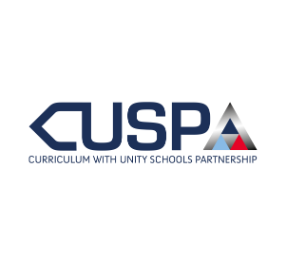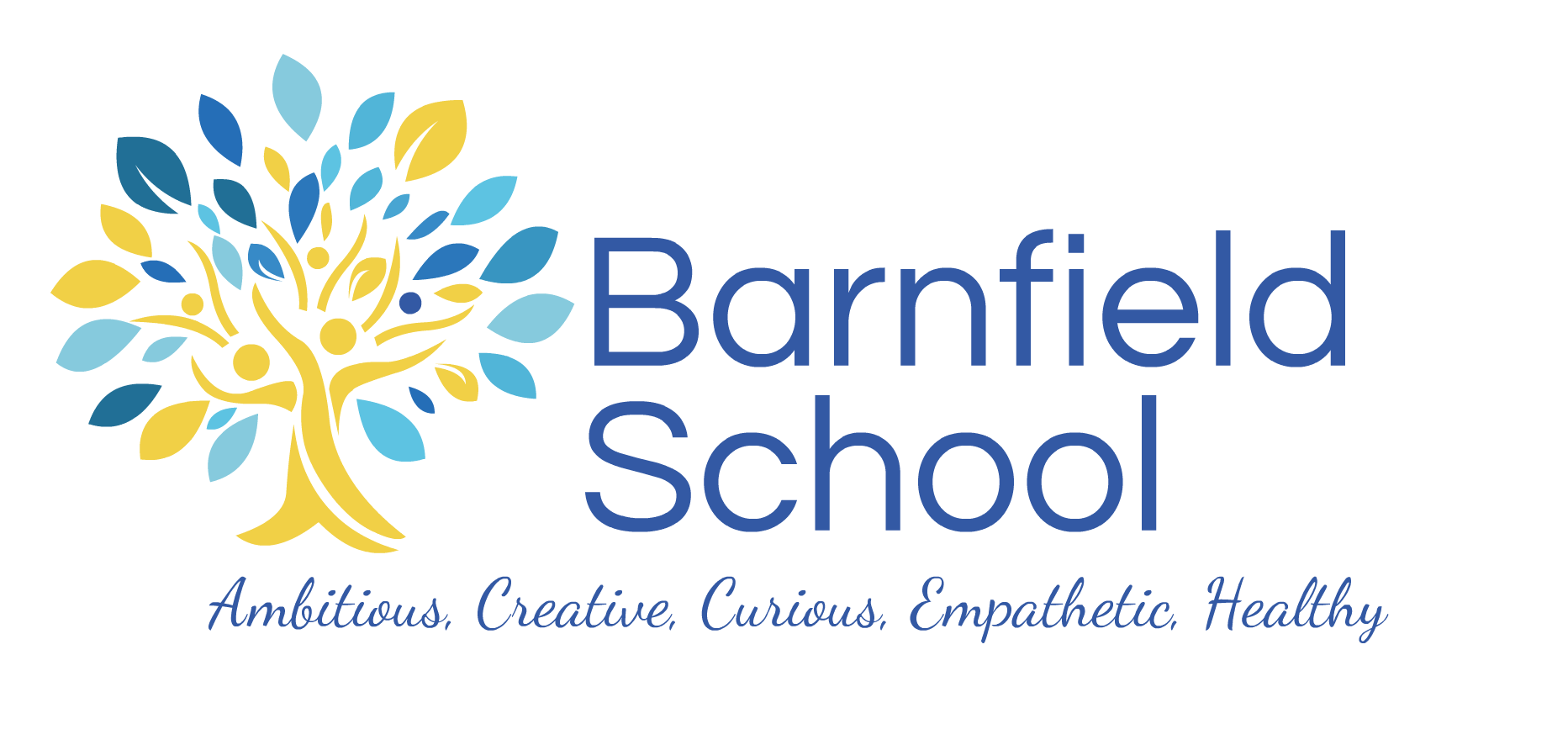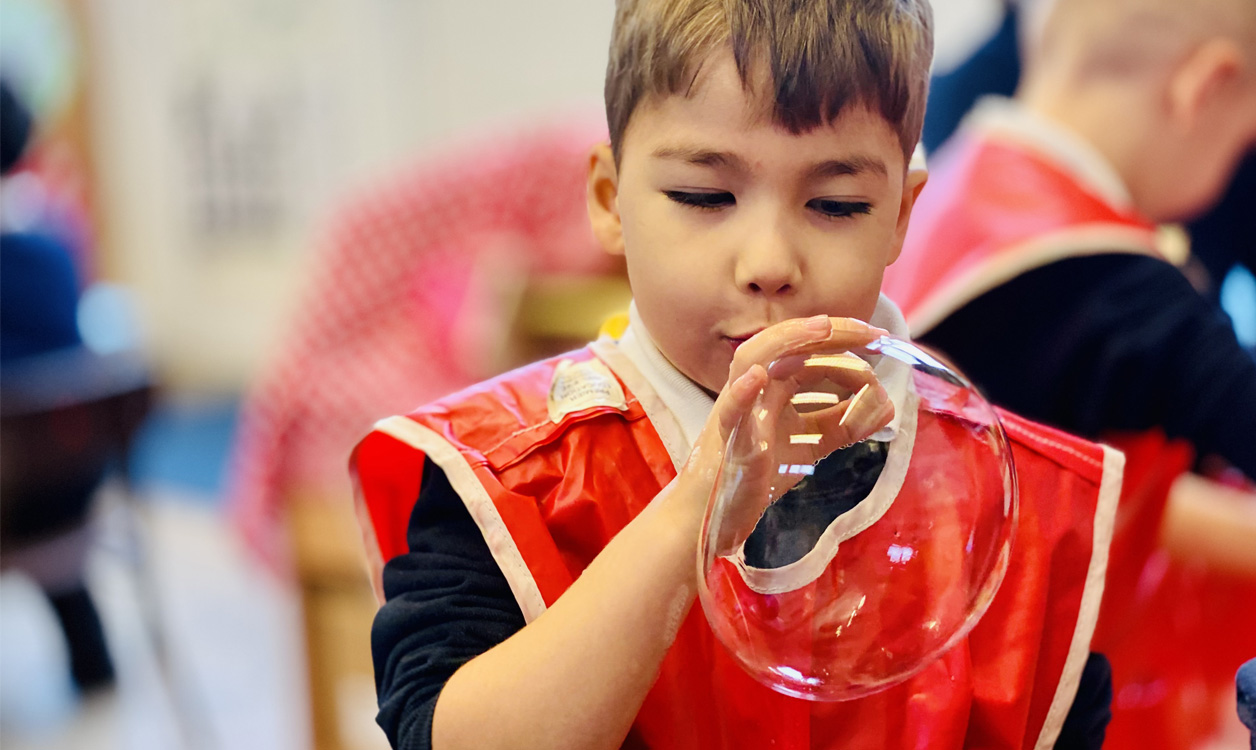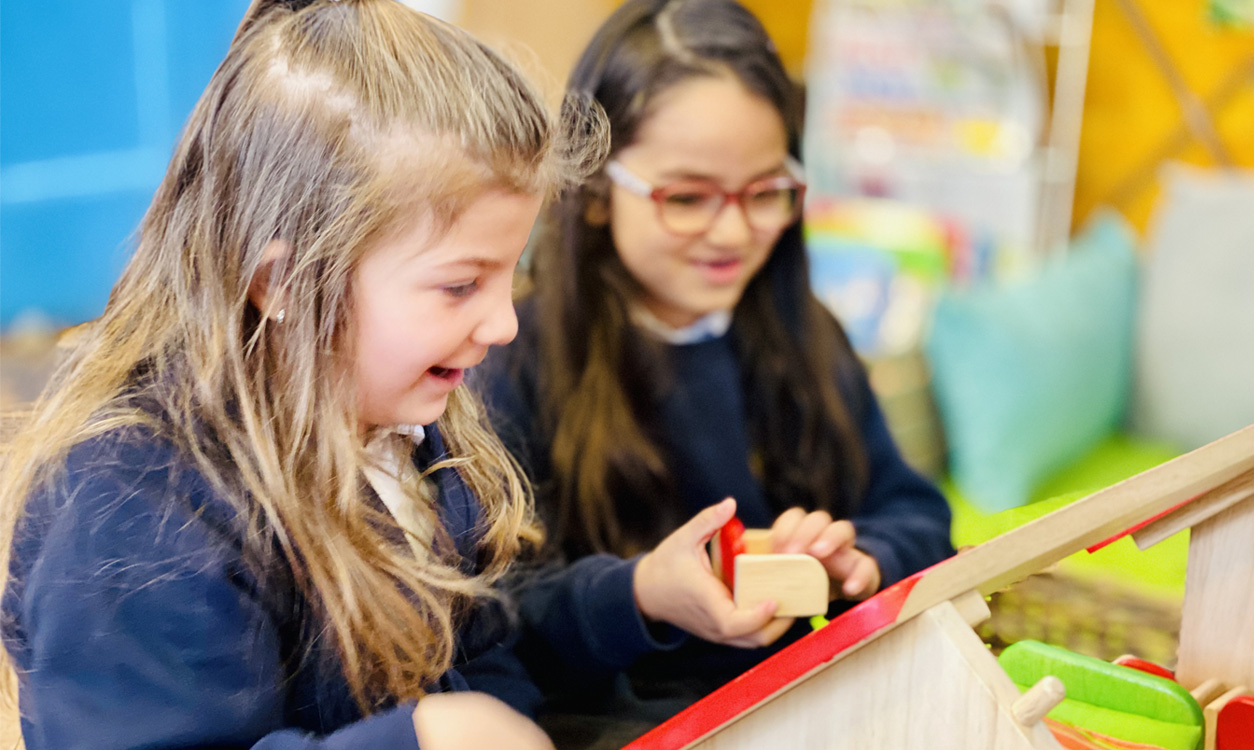CUSP History curriculum
We use CUSP History curriculum to support our children’s knowledge and understanding in this area of learning.
At Barnfield, our History curriculum is ambitious, carefully sequenced and knowledge-rich. It meets the needs of our children and equips them to become critical thinkers who have the ability to investigate, consider, reflect and review events of the past. Our history curriculum is full of topics which develop chronological understanding and provides the pupils with the skills and knowledge needed to develop into informed, engaged and thoughtful citizens. We aim to deliver a study of history which inspires children’s curiosity, encourages critical thinking and enables pupils to have a better understanding of the society in which they live and those in the wider world making links with our 5 principles where appropriate.

The units within the CUSP curriculum complement the history curriculum which we have already developed as a school. The structure of the CUSP history curriculum is built around the principles of advancing cumulative knowledge, chronology, change through cause and consequence, as well as making connections within and throughout periods of time studied. CUSP History is planned so that the retention of knowledge is much more than just ‘in the moment knowledge’. A guiding principle of CUSP History is that pupils become ‘more expert’ with each study and grow an ever broadening and coherent mental timeline.
Specific and associated historical vocabulary is planned sequentially and cumulatively from Year 1 to Year 6. High frequency, multiple meaning words (Tier 2) are taught alongside and help make sense of subject specific words (Tier 3).
In the study of the past, our children increase their substantive knowledge. This is the subject knowledge and explicit vocabulary used about the past. This is learning about people, places, events and changes. Following the CUSP curriculum we have defined substantive concepts which are defined at the start of every history unit as a BIG IDEA.
The Big Ideas are:
Community: This gives us a focus on a large group of people living in a place.
Knowledge: This gives a focus on the difference knowledge makes to people.
Invasion: Taking over another country or region with an armed force.
Civilisation: A large group of people who follow similar laws, religion and rules.
Power: The power to advance technology, architecture and the arts or the power over people and places.
Democracy: A form of government voted for by the people.
In the study of the past, our children also increase their disciplinary knowledge; this is the use of that knowledge and how our children construct understanding through historical claims, arguments and accounts. We call it ‘working historically’ and may involve significance, evidence, continuity and change, cause and consequence, historical perspective and contextual interpretation.







